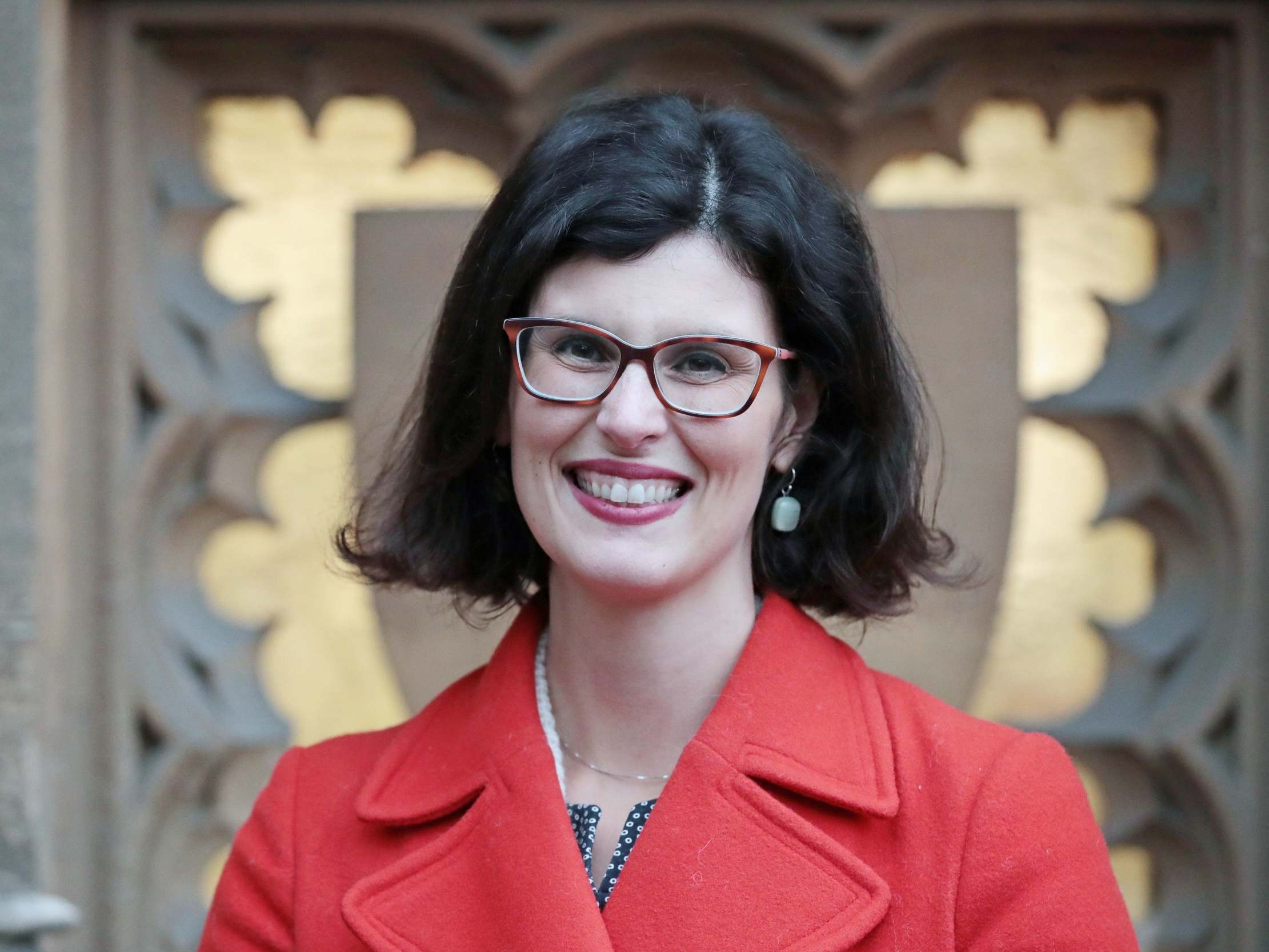Lib Dem leadership contender Layla Moran pledges to push for electoral reform
MP will seek cross-party unity behind proportional representation if elected to lead Lib Dems on Thursday

Liberal Democrat leadership candidate Layla Moran has promised a drive to unite opposition parties behind reform of the UK’s “broken” first-past-the-post voting system if she is elected on Thursday.
Writing in The Independent, Ms Moran vowed to write to all opposition party leaders within 100 days of taking office to urge them to commit to electoral reform and proportional representation (PR) at Westminster.
She said cross-party working by opposition parties was “vital” not only on electoral reform, but also on issues like Boris Johnson’s handling of the Covid-19 crisis.
Denouncing the current voting system for delivering a House of Commons way out of line with the balance of votes cast in last December’s election, Ms Moran said first-past-the-post unfairly favours the two major parties and reduces accountability.
Support for PR has been a central plank of every Liberal Democrat manifesto since the party was established.
But the issue has slipped down the political agenda since the alternative vote (AV) system was resoundingly rejected by a margin of 68-32 per cent in the 2011 referendum secured by former Lib Dem leader Nick Clegg as part of the price of going into coalition with the Conservatives.
Both Ms Moran and her leadership rival Sir Ed Davey have committed to fight for a proportional replacement for first-past-the-post, which Davey described as “antiquated”.
Ms Moran said that the case for PR was strengthened by the results of last year’s election, which delivered a landslide 80-seat majority for Tories on the back of a 43.6 per cent share of the vote.
On average it took 38,300 votes to elect each Conservative, 50,817 for each Labour MP and just 25,882 for each Scottish National Party seat. This compares to an average 334,122 votes to elect a Liberal Democrat and 864,743 to elect the one Green MP.
Lib Dems lost a seat, compared to their tally at the 2017 election, despite increasing their vote by 4 per cent.
Meanwhile, Ms Moran said that first-past-the-post creates numerous safe seats which always elect candidates from the same party, with the result that “some MPs have to campaign every day for every vote in the hope of getting over the line, while others can campaign as much or as little as they like and expect to be returned to parliament regardless”.
Describing the results of last year’s election as “skewed and unrepresentative of the country’s intent”, Ms Moran said: “Our current electoral system is built to favour a two-party system. Because of this, it leaves many smaller parties and voters feeling short-changed.
“Nothing frustrates me more than hearing anyone say that their vote is wasted.
“That is why I’m publicly committing to championing the call for electoral reform and the introduction of PR.
“If I’m elected leader of the Liberal Democrats on Thursday, I will write to all other opposition leaders, including Keir Starmer, and ask them to join forces on this. I’d do this in my first 100 days – because there is no time to lose.
“We must establish a coherent cross-party commitment to implement PR ahead of the next general election. Together, we must pledge to bring electoral reform legislation forward, and put PR at the front and centre of the agenda.”
Ms Moran backs a single transferable vote (STV) system for Westminster elections, which would produce a more proportional outcome than the AV system offered to voters in 2011 by allowing for multi-member constituencies.
But aides said should would not call on other opposition leaders to back this specific system, but to commit publicly to electoral reform and proportional voting.
She would call on them to agree a cross-party working group to thrash out a common position ahead of the election expected in 2024.
Subscribe to Independent Premium to bookmark this article
Want to bookmark your favourite articles and stories to read or reference later? Start your Independent Premium subscription today.

Join our commenting forum
Join thought-provoking conversations, follow other Independent readers and see their replies